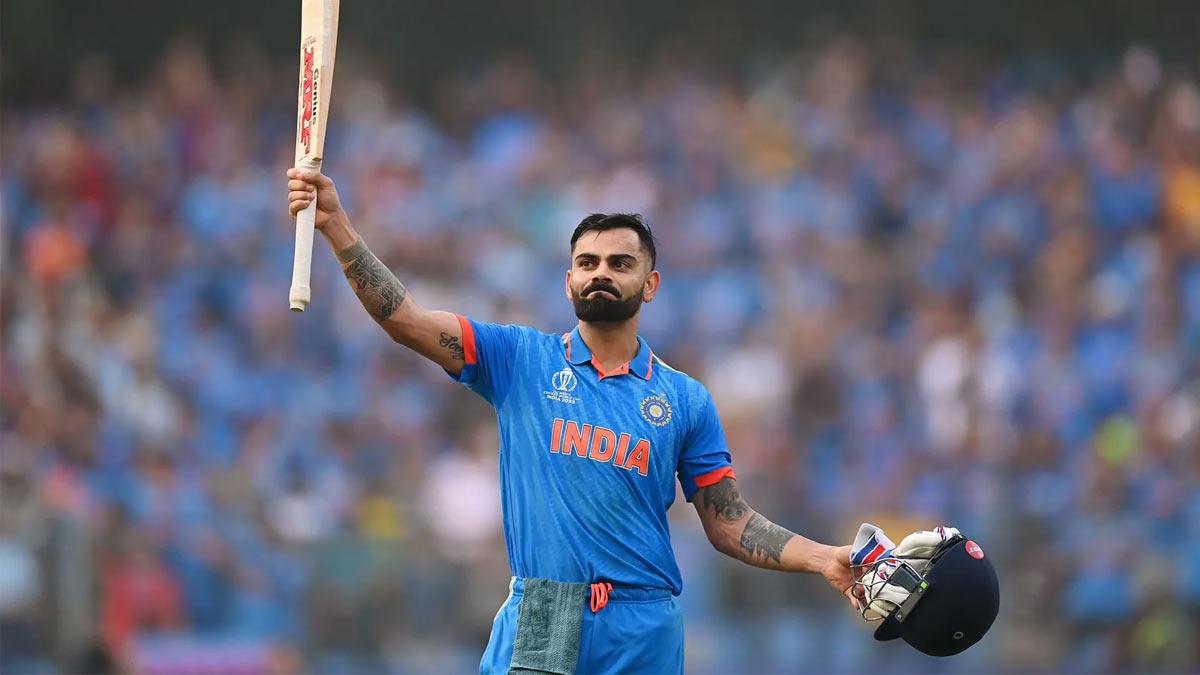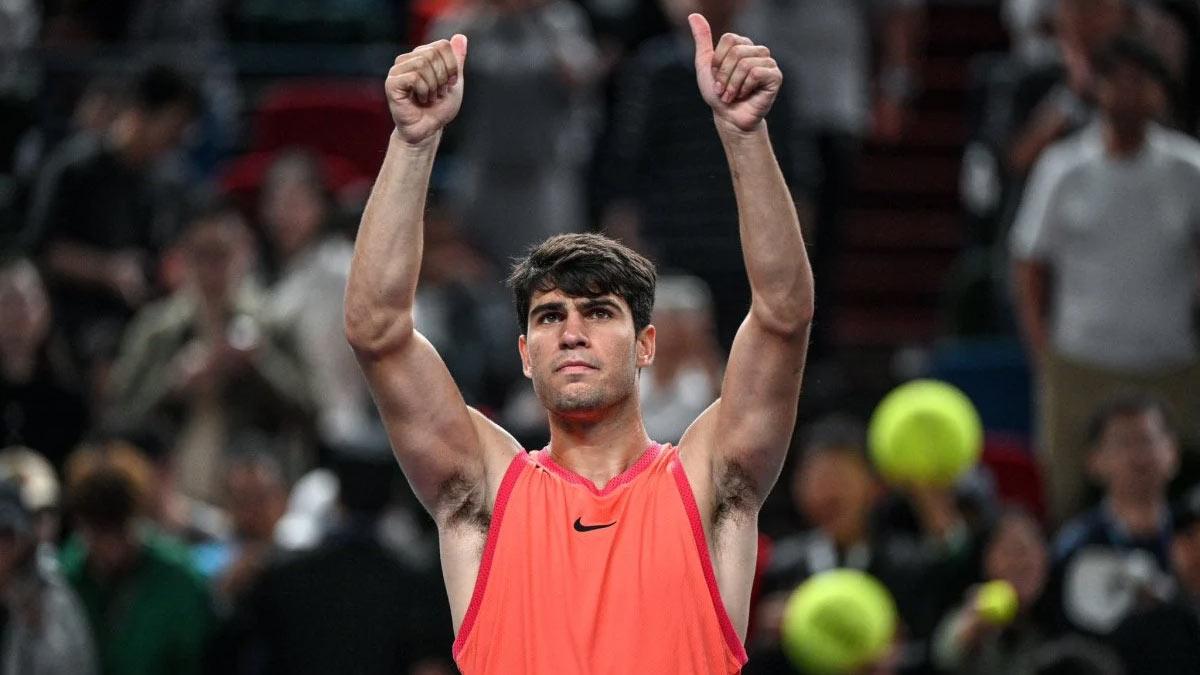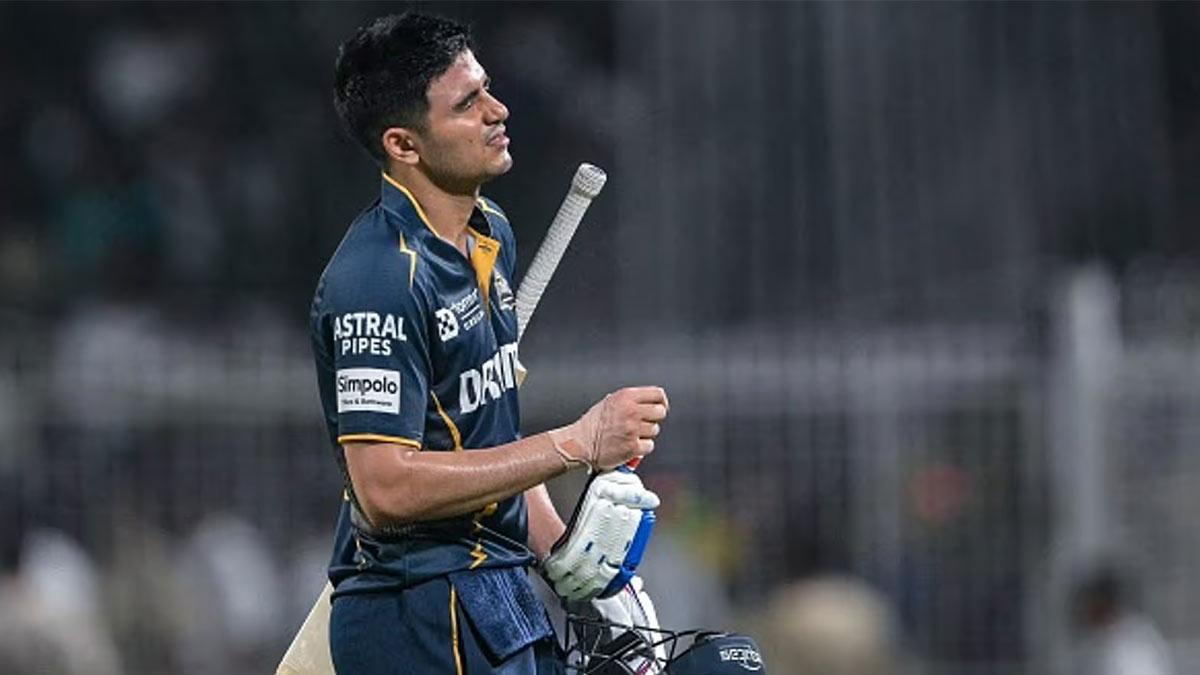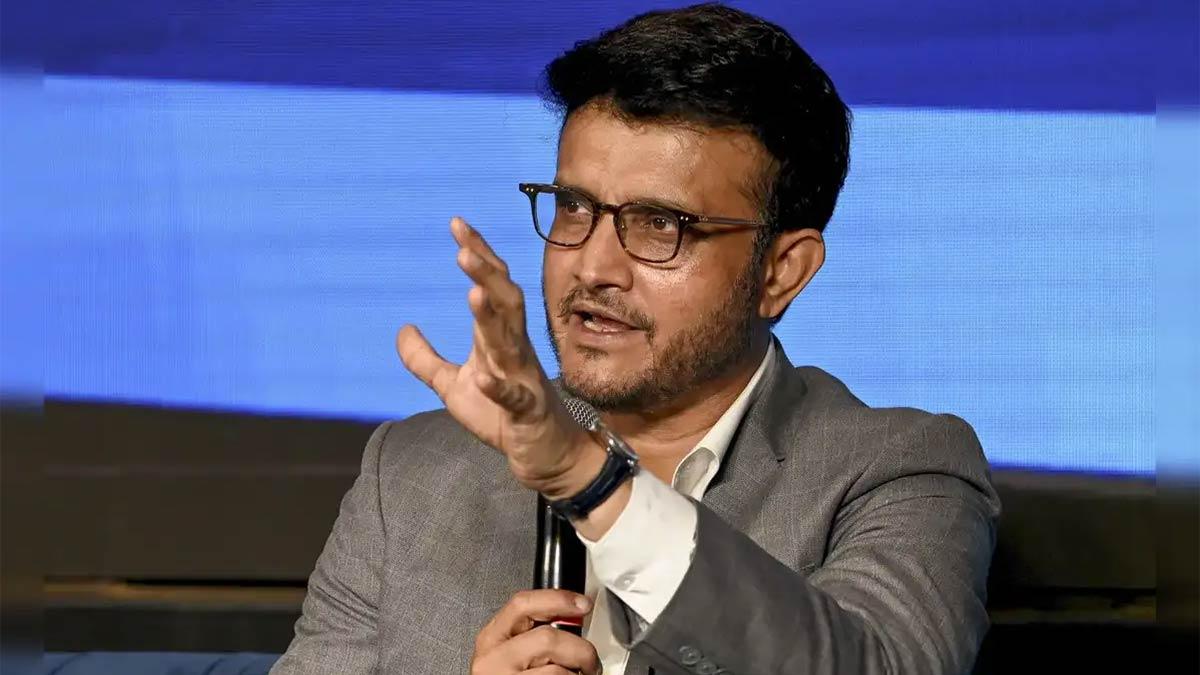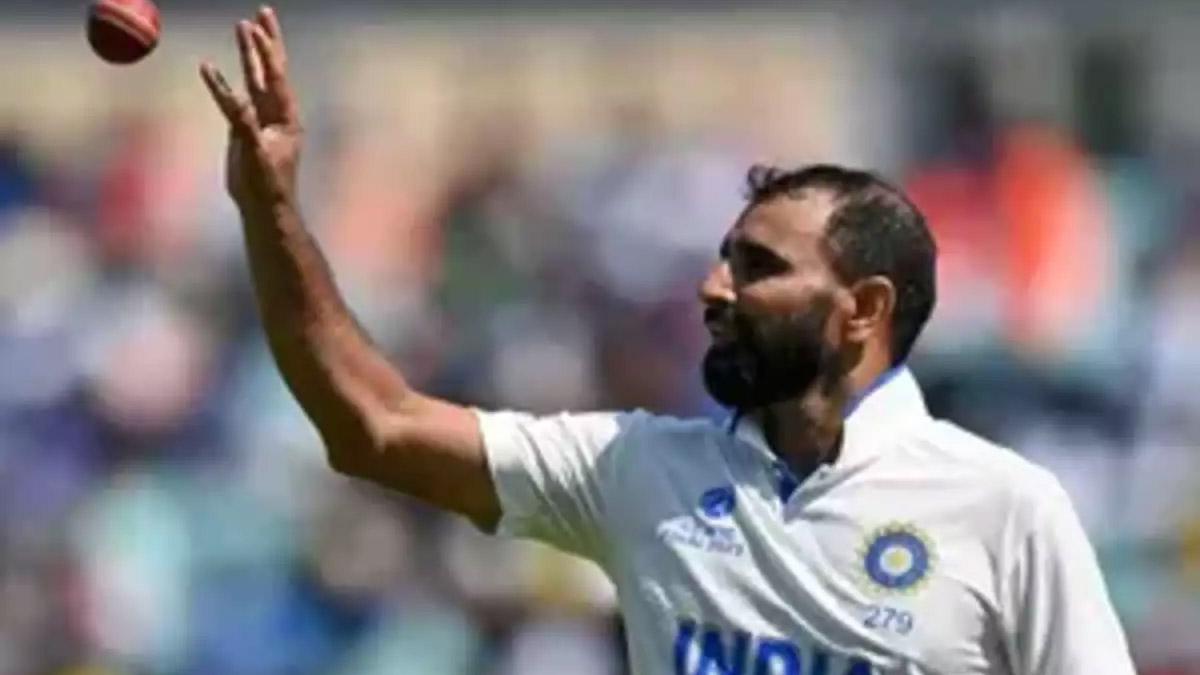Ross Taylor, the esteemed former batsman from New Zealand, has showered accolades upon the erstwhile Indian skipper Virat Kohli, hailing him as not just a cricketing icon but as a "global phenomenon" transcending sports boundaries. With a colossal fan base across social media platforms, Kohli's influence extends far beyond the cricketing realm. Reflecting on the impact of social media on the lives of cricketers, Taylor remarked that accessibility has soared in the modern era, a trend he views positively.
In the latest installment of the podcast series "180 Not Out," Taylor, boasting an impressive record of 112 Tests and 236 ODIs for New Zealand, delved into the evolution of athletes' interaction with fans through digital platforms. "Gone are the days when players solely focused on the game; now, they are brand ambassadors, endorsing products, and engaging with fans in unprecedented ways," Taylor remarked. Singling out Kohli as a prime example, he likened the Indian maestro's social media stature to that of global sports icons like Ronaldo and Messi.
"Players are putting outposts endorsing products and things like that. Who would have thought of that in 2008? Someone like Kohli, who is a superstar in the world of cricket, but is also a global superstar in the world of sports. In terms of Instagram and social media, he’s up there with Ronaldo and Messi!"
"Yeah, I think you are more accessible, I don’t think sportsmen are just as critiqued. I think movie stars, Bollywood stars, politicians are all under the microscope now because of social media but I don’t think that is a bad thing," Taylor told Raman Raheja, a sports fan, sportspreneur, media professional, and creator who put together this Podcast “180 Not Out”.
Echoing Taylor's sentiments, former Australian speedster Brett Lee weighed in on the double-edged sword of mobile cameras in the age of social media. From the era of autographs and photographs in the early 2000s to the omnipresence of camera phones capturing every moment, Lee highlighted the intrusive nature of social media on players' privacy. While acknowledging the joy of capturing cherished memories, Lee emphasized the challenge of navigating constant public scrutiny, even during private moments with loved ones.
"In the early 2000s, when the phones came in, people would take a photo with you. There was an autograph and a photo. In mid-2015 and 2020, what happens now is that the players are always on show now. Anyone that is playing in the Indian Premier League, they are always on show, they go out for dinner, and someone comes with a phone camera," said Lee.
Adding another perspective to the discourse, former Australian cricketer Michael Bevan underscored the potential impact of social media on the performance and psyche of young players. Recognizing the dilemma faced by modern-day cricketers inundated with T20 cricket and social media pressures, Bevan stressed the importance of self-awareness and selective engagement with online feedback.
"The phone camera was the best thing and the worst thing ever invented. The best thing is to capture beautiful memories with your family and friends, and as a spectator and lover of the sport, you also capture those moments. But also, the privacy now, for players, has been cut in half because you are on show everywhere.
"If you are having a dinner with your family, your loved ones, friends…someone takes a snap and it goes instantly all over the world. Now, you also have to be able to deal with that and accept that," he added.
"The younger generation uses social media that would impact their situation and circumstance and career. They would have to make a decision on whether they want to read the comments, or how much they want to post," said Bevan.
"I could imagine it would be extra difficult for some of the modern-day players, with T20 cricket, with social media…but as a player, you’ve always got to make the decision on how you handle. Do you want to read things or do you not want to read things? That’s the most important thing… to understand yourself, and to understand your game," he added.
The "180 Not Out" podcast series, curated by Raman Raheja, promises a deep dive into cricket's rich 180-year history, exploring its evolution into a global phenomenon. Featuring luminaries from the cricketing world, the podcast aims to dissect various facets of the sport, from its colonial origins to contemporary challenges and future prospects.
Set against the backdrop of the Legends League Cricket (LLC) hosted by Raheja, the podcast emerges as a seminal contribution to cricketing discourse, poised to engage enthusiasts with insights from over 60 cricketing legends in a single season.
Read also | Jos Buttler Takes Paternity Leave, Expected to Sit Out Third T20I Against Pakistan

